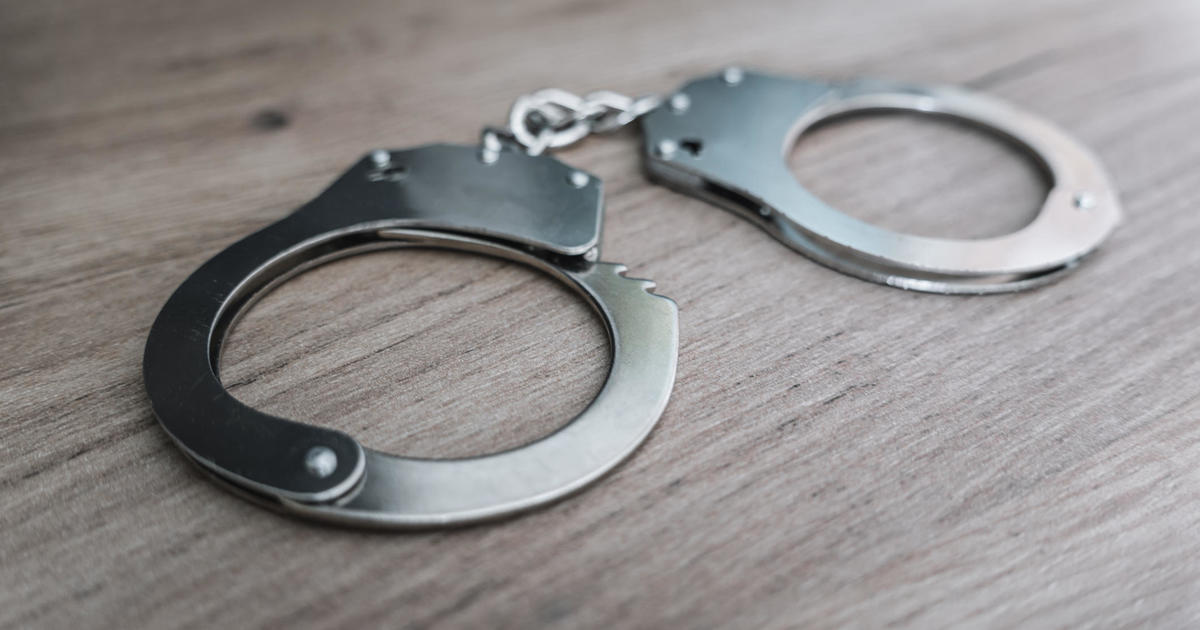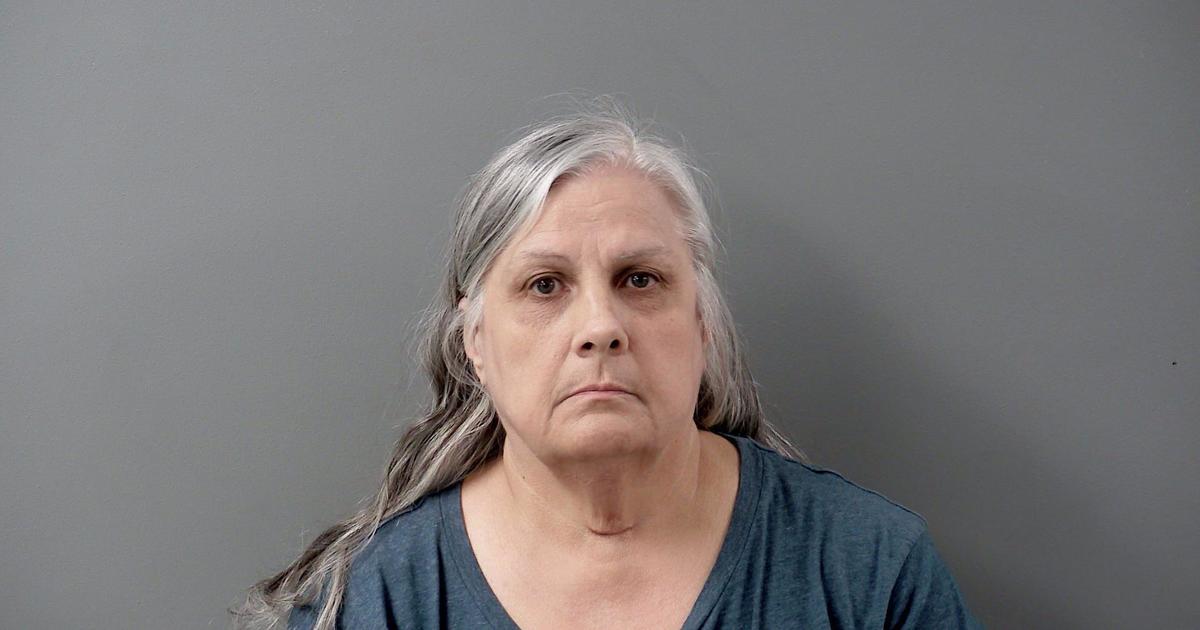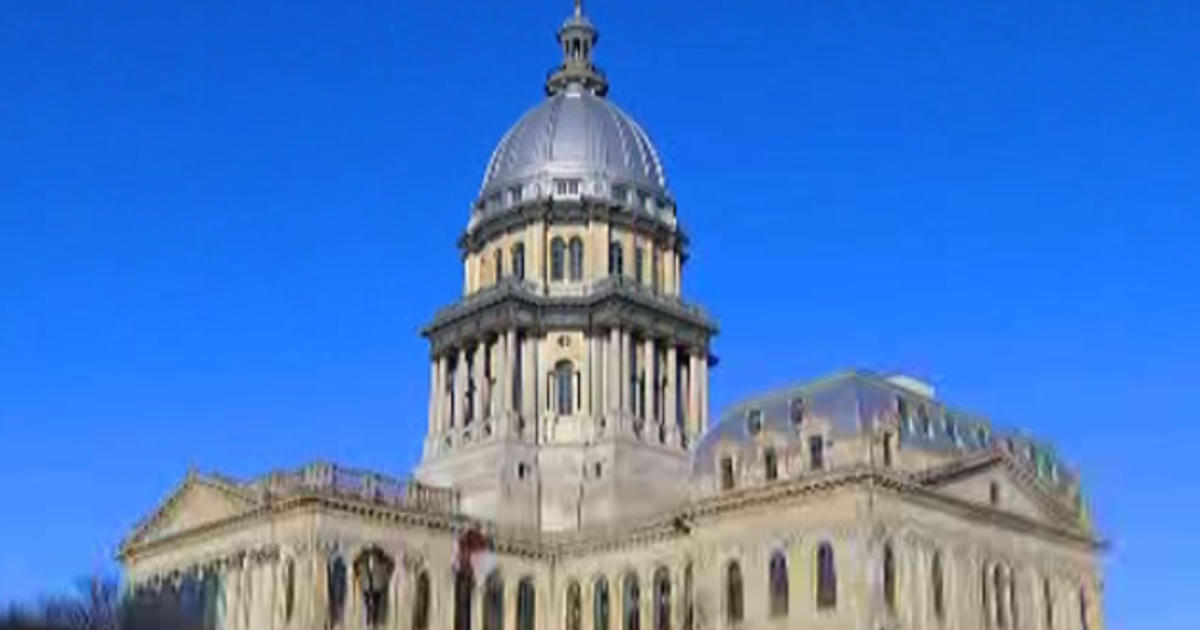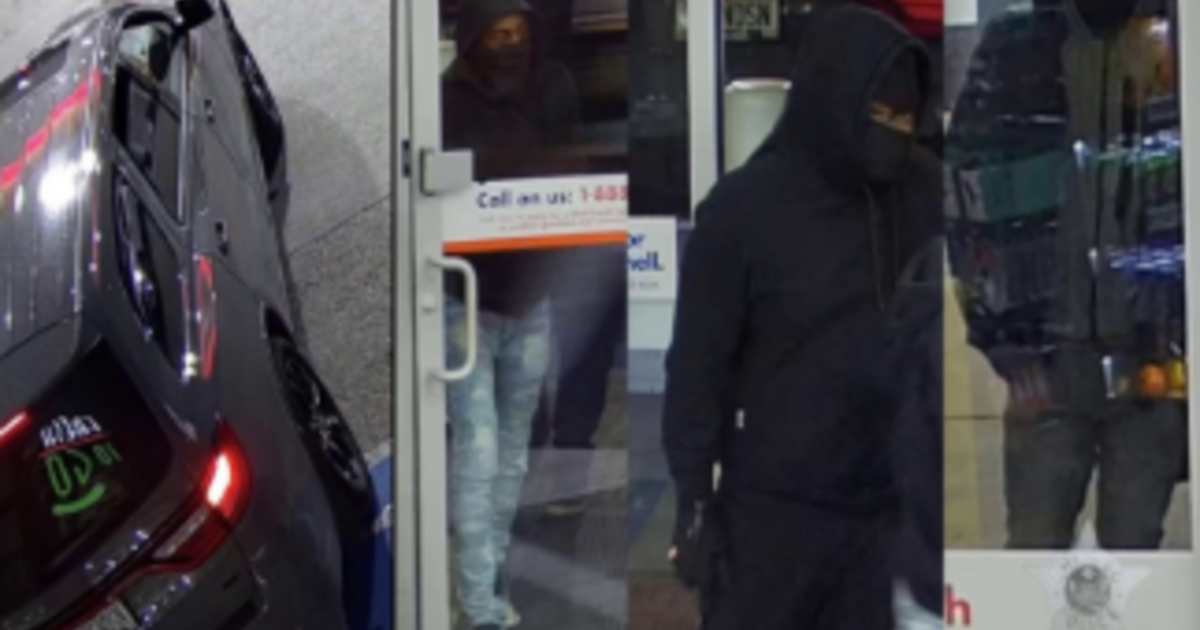Judge Rules Against State's Ban On Recording Police Officers
CHICAGO (CBS) -- A judge on Friday tossed out the controversial Illinois eavesdropping law, which makes it a crime to record police officers, according to a published report.
Criminal Court Judge Stanley Sacks ruled that the Illinois Eavesdropping Act criminalizes "wholly innocent conduct," and thus is unconstitutional, CBS 2 reports.
LISTEN: WBBM Newsradio's John Cody reports
Podcast
The ruling comes in the case of artist Chris Drew, who had been charged of violating the Eavesdropping Act when he was arrested in December 2009 for peddling his art without a permit on State Street downtown.
Drew was charged with videotaping his own arrest, and faces up to 15 years in prison if convicted.
Drew's attorney, Mark Weinberg, said his client was ecstatic, but frustrated.
"It was a two-year ordeal, and as somebody said, there's little joy in justice, because the taste of injustice is still in your mouth," he said.
But the battle against the Eavesdropping Act is not over. A parallel case is under appeal, and Weinberg says Drew's case will be decided ultimately by the Illinois Supreme Court.
Currently, someone who records a police officer, prosecutor or any other member of the law enforcement community without his or her permission can be charged with a Class 1 felony.
Police interests have come out against any amendment in the eavesdropping law, saying the changes will impede their investigative powers.
But Chicago Police Supt. Garry McCarthy has come out in favor of changing the eavesdropping law. He said it is just as bad for the police as it is for citizens, because the inability to recording interactions with police makes it easier for someone to file a frivolous brutality suit.
A bill is also pending in the Illinois House of Representatives, seeking to eliminate the part of the Illinois Eavesdropping Act that bans people from making audio recordings of law enforcement personnel. The bill, sponsored by state Rep. Elaine Nekritz (D-Northbrook), passed out of a House committee by a vote of 9-2 last month.
Several other high-profile incidents stemming from the Eavesdropping Act have also made headlines and generated widespread controversy.
In August of last year, Taiwanda Moore, 20, was acquitted of a felony violation of the act, after she secretly recorded two police Internal Affairs officers while filing a sexual harassment complaint against a third officer.
Moore had said she didn't know about the Eavesdropping Act, but her attorney argued that she was protected under an exemption to the statute that allows such recordings if someone believes a crime is being committed or is about to be committed. She argued that the officers had been stalling and bullying her.
Also in August, steelworker Tyrone Gillett says he was beaten by Chicago Police officers before being arrested for filming them attending to a disturbance at State and Madison streets. The misdemeanor charges against Gillett were dropped.
But Gillett, who is African-American, has filed a lawsuit, claiming officers "physically assaulted" him for making the cell phone recording, while just politely asking a white man who was doing the same thing to stop.
And in November of last year, Loyola journalism professor Ralph Braseth was taken into custody after videotaping the arrest of a teenage boy who jumped the turnstile at the Chicago Avenue Red Line subway stop. Breseth had been shooting for a documentary about youth from poor neighborhoods flooding the downtown area on weekends.
Braseth was released without charges, but the arresting officer erased the files on his Kodak flip camera. He later filed a complaint against the officer, claiming that videotaping an arrest from the distance was different from recording a conversation and thus did not violate the Eavesdropping Act.



